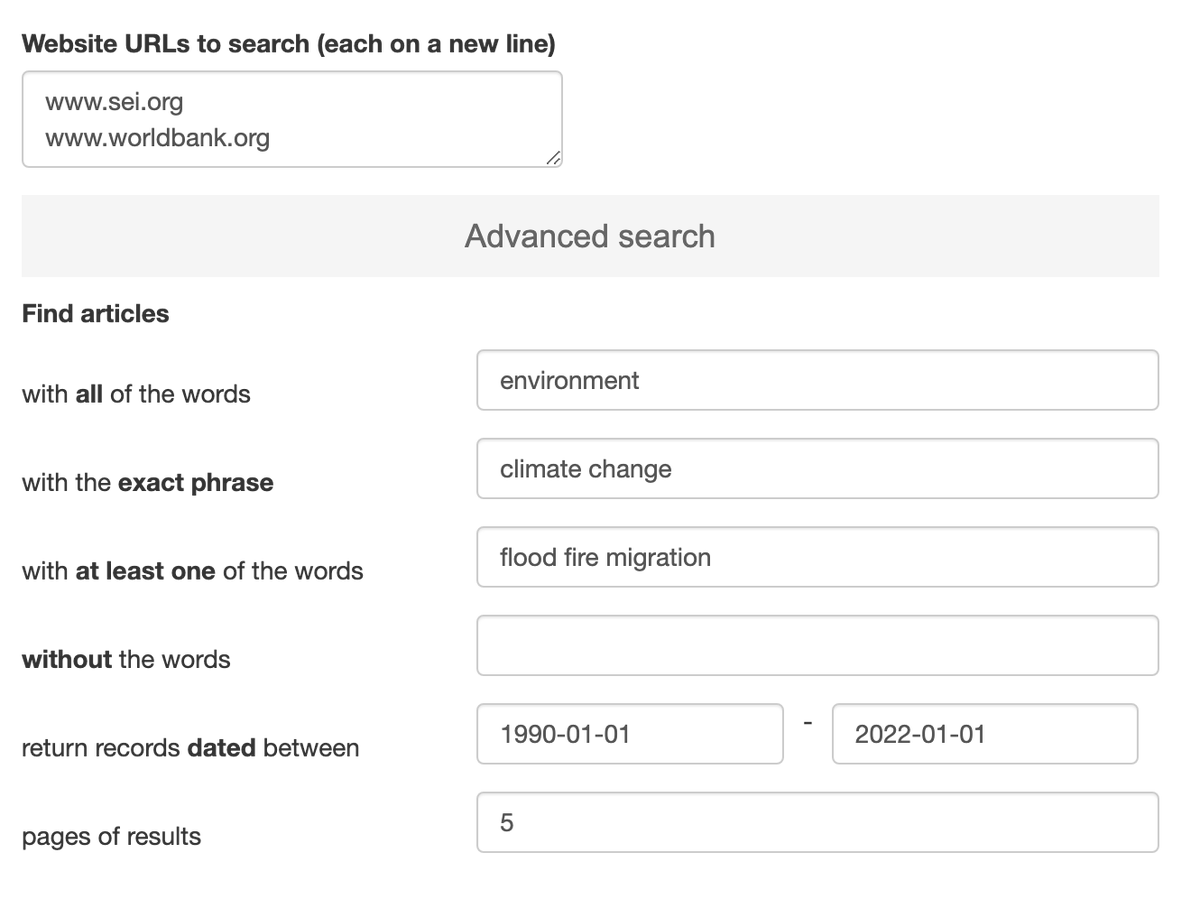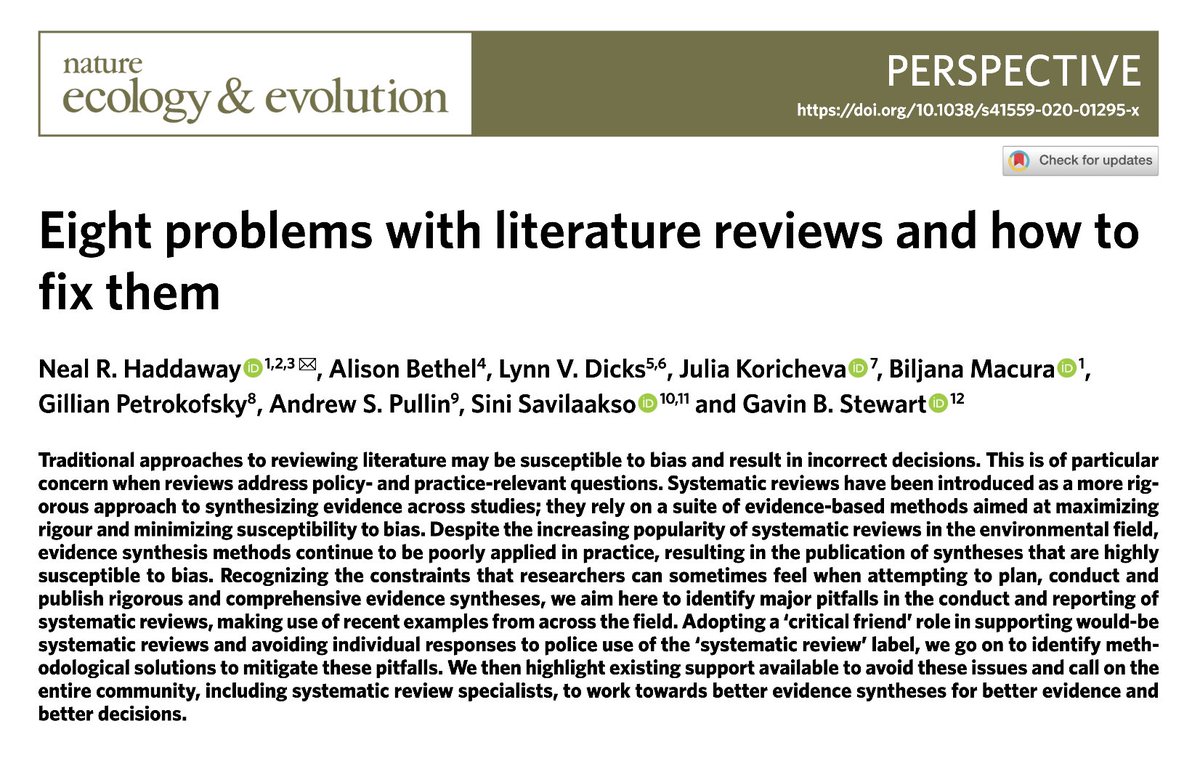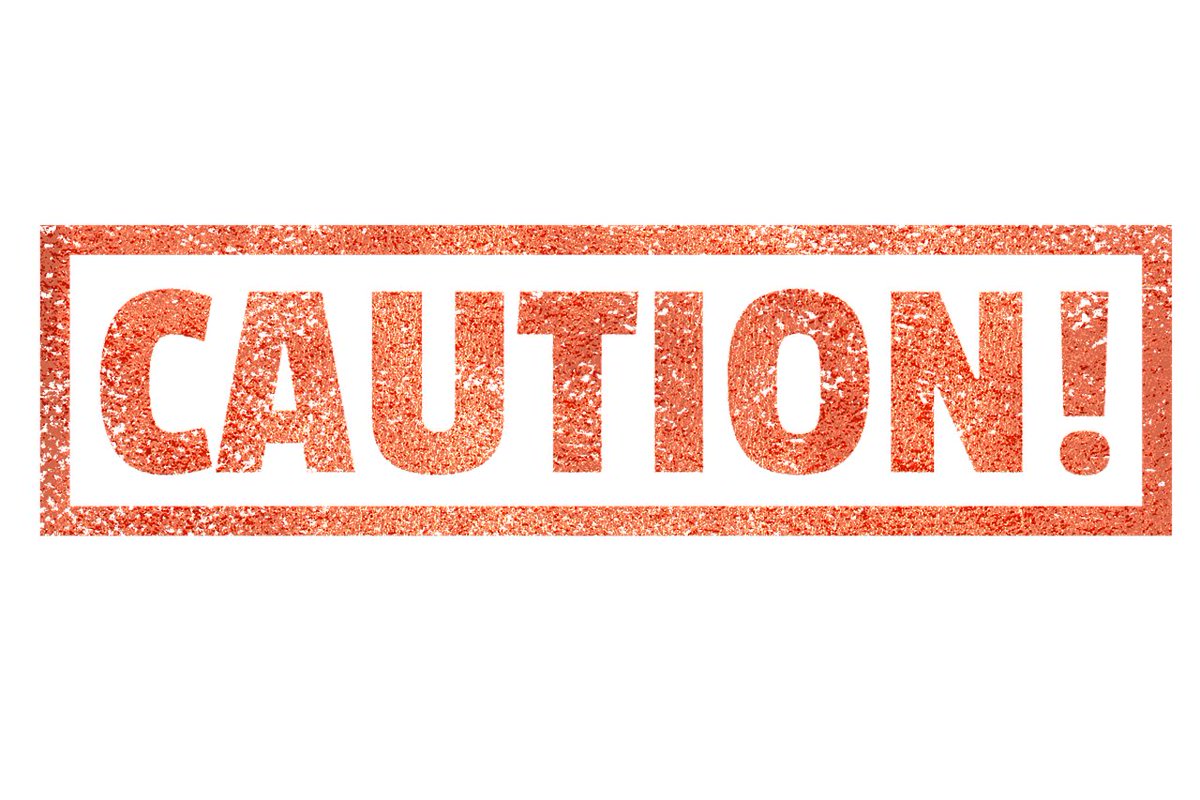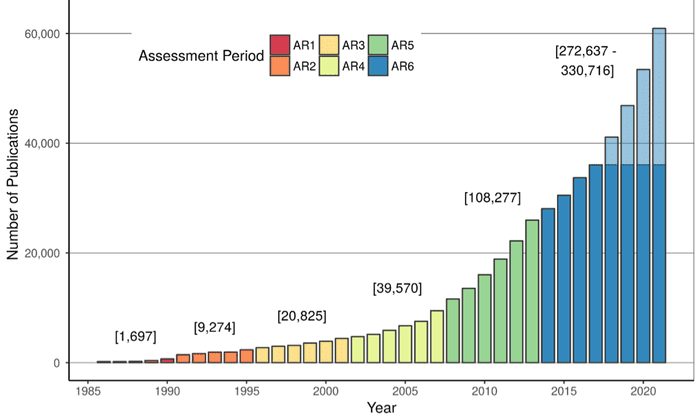
Are you attending the #Stockholm50 academic conference on June 1st? Look out for my photography exhibition, 'Hope? and how to grieve for the planet'.
#Photography #DocumentaryPhotography #PhotoStory #ClimateCrisis #ClimateChange #ClimateEmotions
nealhaddaway.com/hope
(1/4)
#Photography #DocumentaryPhotography #PhotoStory #ClimateCrisis #ClimateChange #ClimateEmotions
nealhaddaway.com/hope
(1/4)
My project asks how environmental scientists and communicators deal with the emotional impact of working with alongside #EnvironmentalCrises.
nealhaddaway.com/hope
Many of us a grieving for our planet, and sharing our #emotions could be vital in the continuing battle.
(2/4)
nealhaddaway.com/hope
Many of us a grieving for our planet, and sharing our #emotions could be vital in the continuing battle.
(2/4)

I'm really honoured to have my work selected alongside several other arts projects aiming to complement the academic conference.
If you're in Stockholm (01/06/22) and want to come, send me a DM for a (free) registration link.
#Stockholm50
(3/4)
If you're in Stockholm (01/06/22) and want to come, send me a DM for a (free) registration link.
#Stockholm50
(3/4)

If you can't make it in person, check out the (free) virtual exhibition online.
'Hope? and how to grieve for the planet':
nealhaddaway.com/hope
#ClimateEmotions #ClimateCrisis #Photography #DocumentaryPhotography
(4/4)
'Hope? and how to grieve for the planet':
nealhaddaway.com/hope
#ClimateEmotions #ClimateCrisis #Photography #DocumentaryPhotography
(4/4)
• • •
Missing some Tweet in this thread? You can try to
force a refresh














